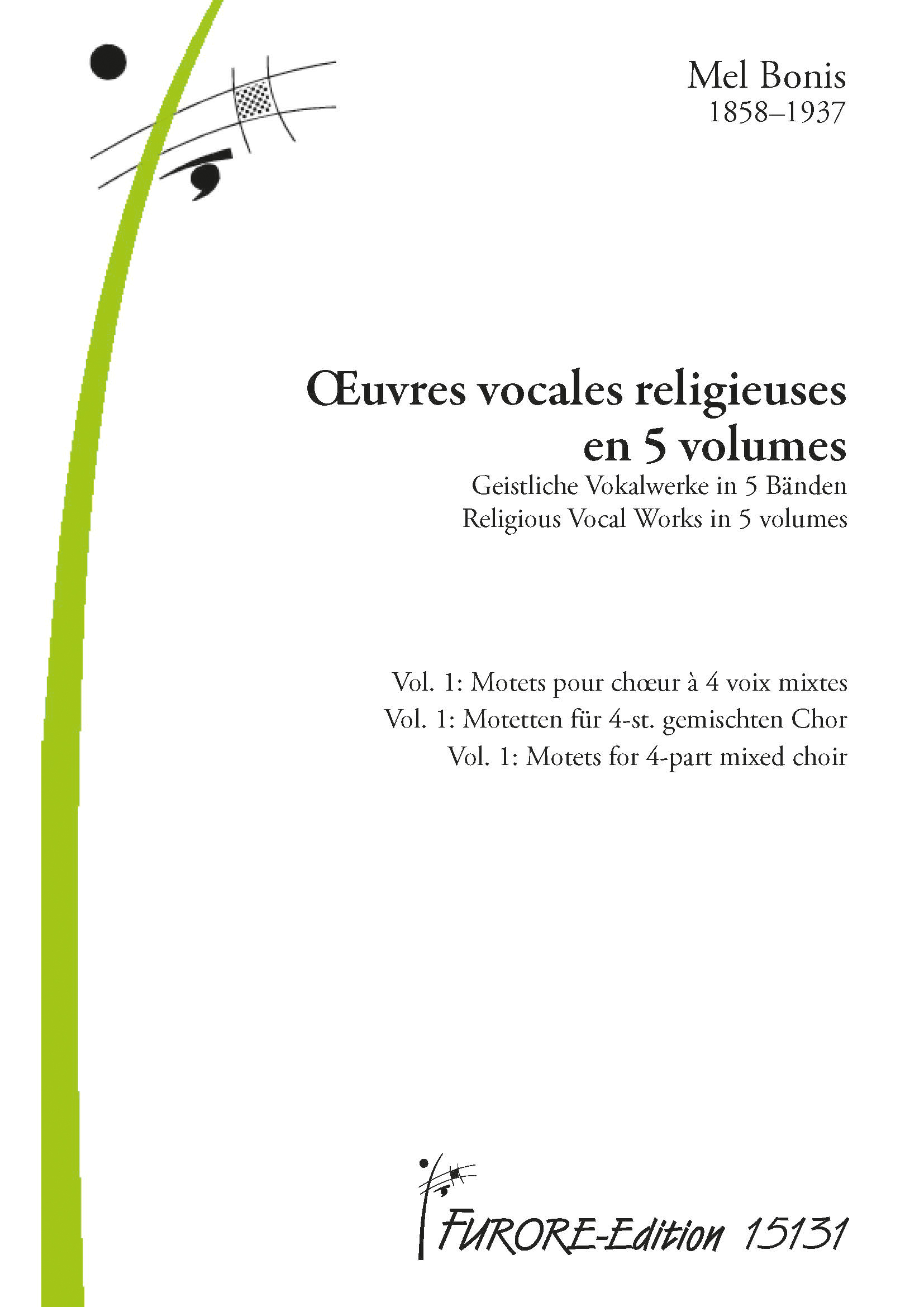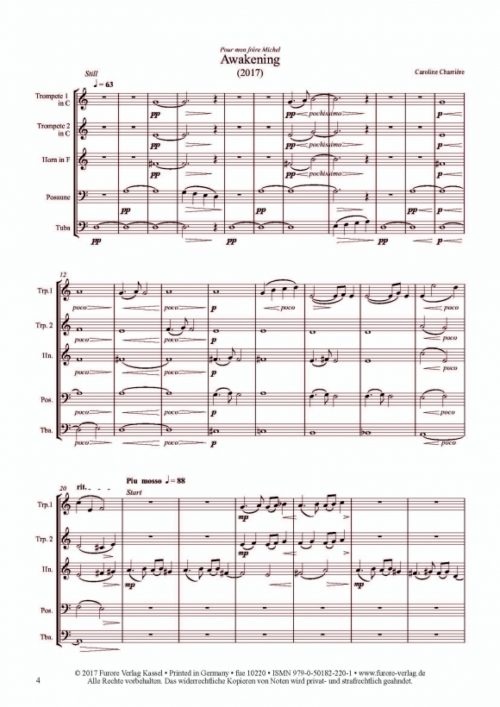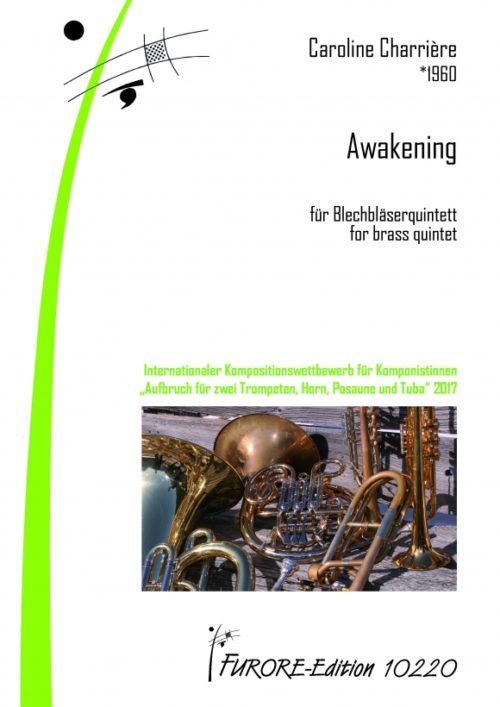Score
Sacred vocal works in 5 volumes: Vol. 1: Motets for 4-part mixed choir
23,00 €
inkl. 7 % MwSt. zzgl. Versandkosten
Description
Sacred vocal works in 5 volumes
Vol. 1: Motets for 4-part mixed choir
O salutaris, op. 131
Adoro te, op. 150-1
Inviolata, op. 163
Ave verum, op. 166-1
Tantum ergo, op. 167
With a preface by Guillaume Avocat: The Sacred Music of Mel Bonis (1858 -1937) or Elevation through Music.
Volume 1 : Motets for four-part mixed choir
The majority of Mel Bonis’ motets were never published during her lifetime. Apart from O salutaris op. 131, published by Schneider in 1930, the Regina coeli published by Leduc in 1899 and the Panis angelicus published by Delépine in 1935, we only found manuscripts which were very often not dated. There is much to suggest that the majority of these works were written late. On the cover of the manuscript of the Mass a capella in Mel Bonis’ handwriting we find a list of seven motets with the note “Publish”. These are the following works: Tantum ergo, Sub tuum, Inviolata, Adoro te, Ave Maria, O salutaris (probably Opus 131) and Ave verum, which indicates her intention to publish a collection. It was not until more than 60 years after the composer’s death that the motets – the majority of which appeared between 1997 and 2000 – were published by Armiane thanks to Gilles Manchec. The present volume includes six of the four-part motets from Mel Bonis’ list.
Mel Bonis‘ career resembles that of reserved, non-career-oriented artists whom music history tends to forget. Her experiences as a woman in French society in the period between
the Franco-Prussian War and the First World War and the irregular rhythm of her composing also played their part. Nevertheless, she remains a highly inspired composer
whose abilities were unanimously recognised by her contemporaries.
Thus the historical contribution of this edition is threefold: It offers music lovers and musicologists the opportunity to discover the sacred work of a late post-Romantic composer,
written in a rather unusual personal context, to expand our knowledge of women composers and, last but not least, to deepen our understanding of their means of expression.










